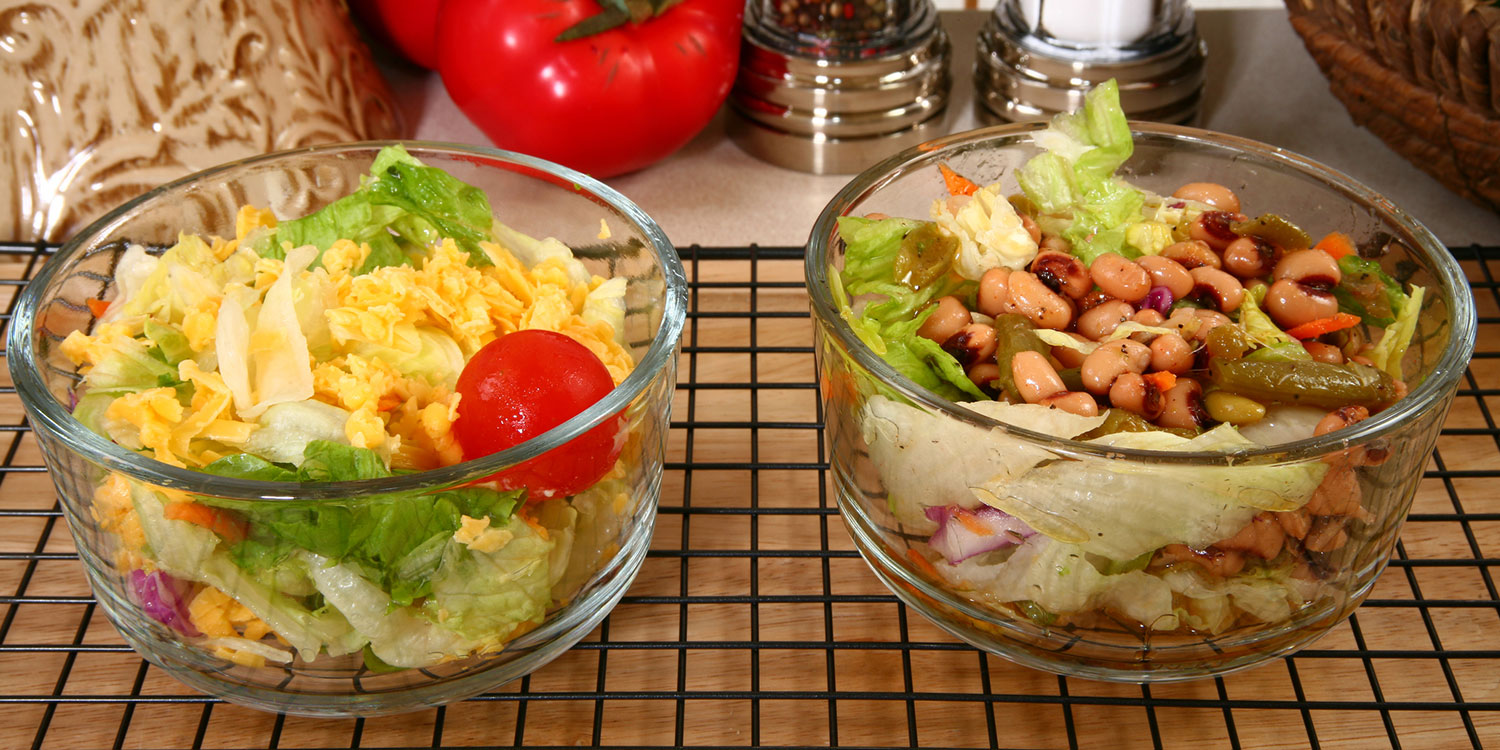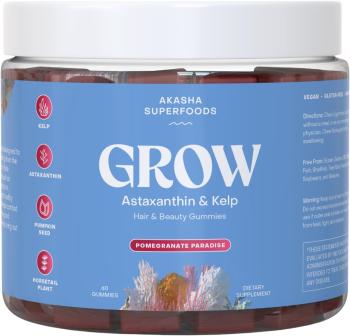It’s easy to get caught up in the latest nutrition fads—magic bullets, designer foods, snappy supplements.
It seems like we’re always looking for a faster, easier way to be healthy, get fit, lose weight, tone up, and feel good. We can send a man to Mars, but we can’t make a food that transforms our lives? What gives? The truth is that—like most truths—it’s simple.
Some basic, high-energy foods can give us the power we need to fuel our workouts and our lives, and, seemingly magically, transform our health in the process.
Here, along with a quick look at some nutrition basics, is a list of the top ten foods we’d take along with us to a desert (no, not dessert) island health club.
Back to Basics
A good workout diet includes the four basic nutrients:
- carbohydrates
- proteins
- fats
- water
Carbs supply the fuel we need to function, and they come wrapped up in fruits, vegetables, beans, whole grains, and dairy. Both simple carbs (fruits, lactose, and sucrose) and complex carbs (starches and fibers from whole grains, veggies, and beans) convert into glucose, the main fuel for all cells, and the only energy source for the brain.
Complex carbs take longer to convert, and the fiber in carbs resists digestion as it moves through the gastrointestinal tract, cleansing as it goes, reducing the risk of colon cancer, and lowering cholesterol.
Dark-green leafy vegetables
Spinach, kale, and baby greens are good sources of free-radical-fighting antioxidants and calcium, which plays an important role in keeping muscles tuned during exercise. It also helps maintain peak bone mass. Cruciferous veggies like broccoli, cabbage, and Brussels sprouts are loaded with antioxidants that pack a punch against aging and may prevent cancer.
Whole grains
Whole-wheat breads and crackers are good sources of fiber and B vitamins. Fiber-rich grains release energy to working muscles, giving you a sustained workout fuel when combined with protein and fat. These tan-colored carbs also help balance hormones. Make sure the word “whole” is included in the names of the grains listed on the label.
Beans
Kidney, navy, black, and garbanzo beans are packed with fiber and protein, and they provide high-quality fuel to keep you moving through your paces.
Tomatoes
A good source of iron, this fruit that’s usually grouped with vegetables helps prevent certain types of cancer and heart disease, but the good news for athletes is that it also fights fatigue. Tomatoes’ antioxidant properties may be linked to their abundance of lycopene.
Garlic (and onions)
Rich in antioxidants, this dynamic duo prevents injuries and keeps the heart in peak condition. Garlic lowers cholesterol, while the components in onions may help the liver detoxify waste products. Sautéed, they make everything else taste better, too.
Berries
Antioxidant-packed berries, like blueberries and cranberries, are loaded with vitamins C and E and carotenoids, which are good for the heart and help to prevent injuries and protect against cancer. These minuscule fruits are also filled with iron, which helps red blood cells carry oxygen and prevents fatigue.
Dried fruits
Dried figs and apricots pack a fiber punch, contain iron, and are convenient to carry for a quick pick-me-up. Drink plenty of water to accommodate the extra fiber you’ll get. Protein is key to growth—we use it to make hormones, enzymes, and tissues, and it gives us energy. Our bodies break down the protein we eat into amino acids, the building blocks of all proteins. Complete proteins, like meat, chicken, fish, tofu, eggs, cheese, yogurt, and milk contain all of the essential aminos, while incomplete proteins, like leafy greens, grains, and most legumes, contain only some.
Eggs
A great source of high-quality protein, eggs are one of the few foods that contain vitamin D, along with a slew of essential vitamins and minerals, including iron for stamina, and all of the essential amino acids. Fats are essential for good health, brain development, and energy. The three major types of fatty acids include saturated, found mostly in dairy foods and fatty meats; polyunsaturated, in safflower, corn, and sunflower oils, and certain fish; and monounsaturated, in nut and vegetable oils like olive and canola.
Nuts
Protein-rich nuts provide important vitamins and minerals needed for muscle recovery and repair, as well as healthful fats.
Olive oil
Fundamental to the Mediterranean diet, this delicious oil partners naturally with tomatoes, enhancing their antioxidant qualities. Choosing olive oil as your major source of dietary fat may protect against colon, breast, and skin cancer, as well as coronary heart disease, diabetes, and aging, while helping to reduce blood pressure levels. We all know that a healthy heart is a prerequisite to a happy workout!


